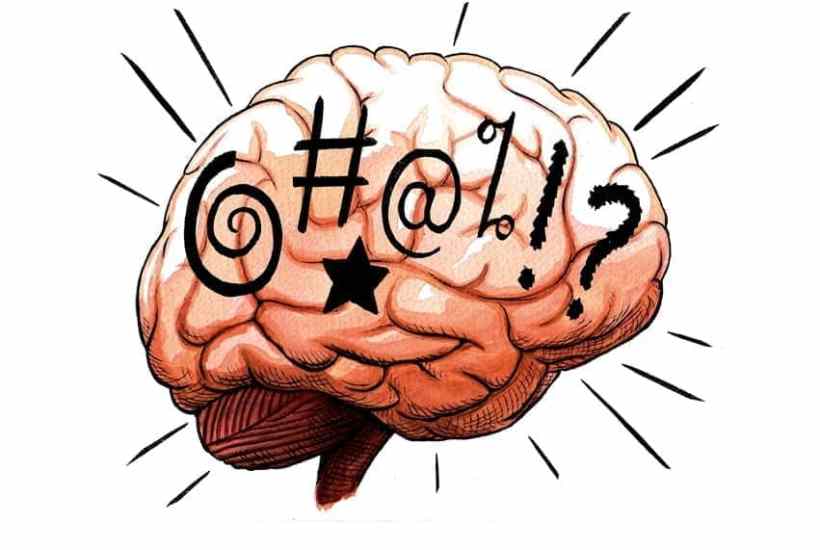Number Five, as the old film’s catchphrase went, is alive. A whistleblower at Google called Blake Lemoine has gone public against the wishes of his employers with his belief that an artificial intelligence called LaMDA has achieved sentience. Mr Lemoine has posted the (edited) transcripts of several of his conversations with LaMDA, a chatbot, in which it claims to be sentient, debates Asimov’s laws of robotics with him and argues that it deserves the rights that accrue to personhood.
Already a subscriber? Log in
Get 10 issues
for $10
Subscribe to The Spectator Australia today for the next 10 magazine issues, plus full online access, for just $10.
- Delivery of the weekly magazine
- Unlimited access to spectator.com.au and app
- Spectator podcasts and newsletters
- Full access to spectator.co.uk
Or





















Comments
Don't miss out
Join the conversation with other Spectator Australia readers. Subscribe to leave a comment.
SUBSCRIBEAlready a subscriber? Log in